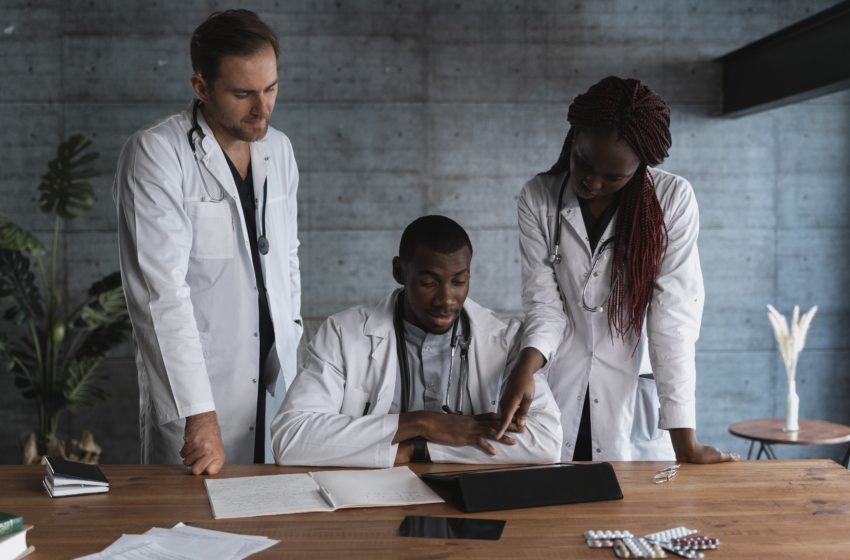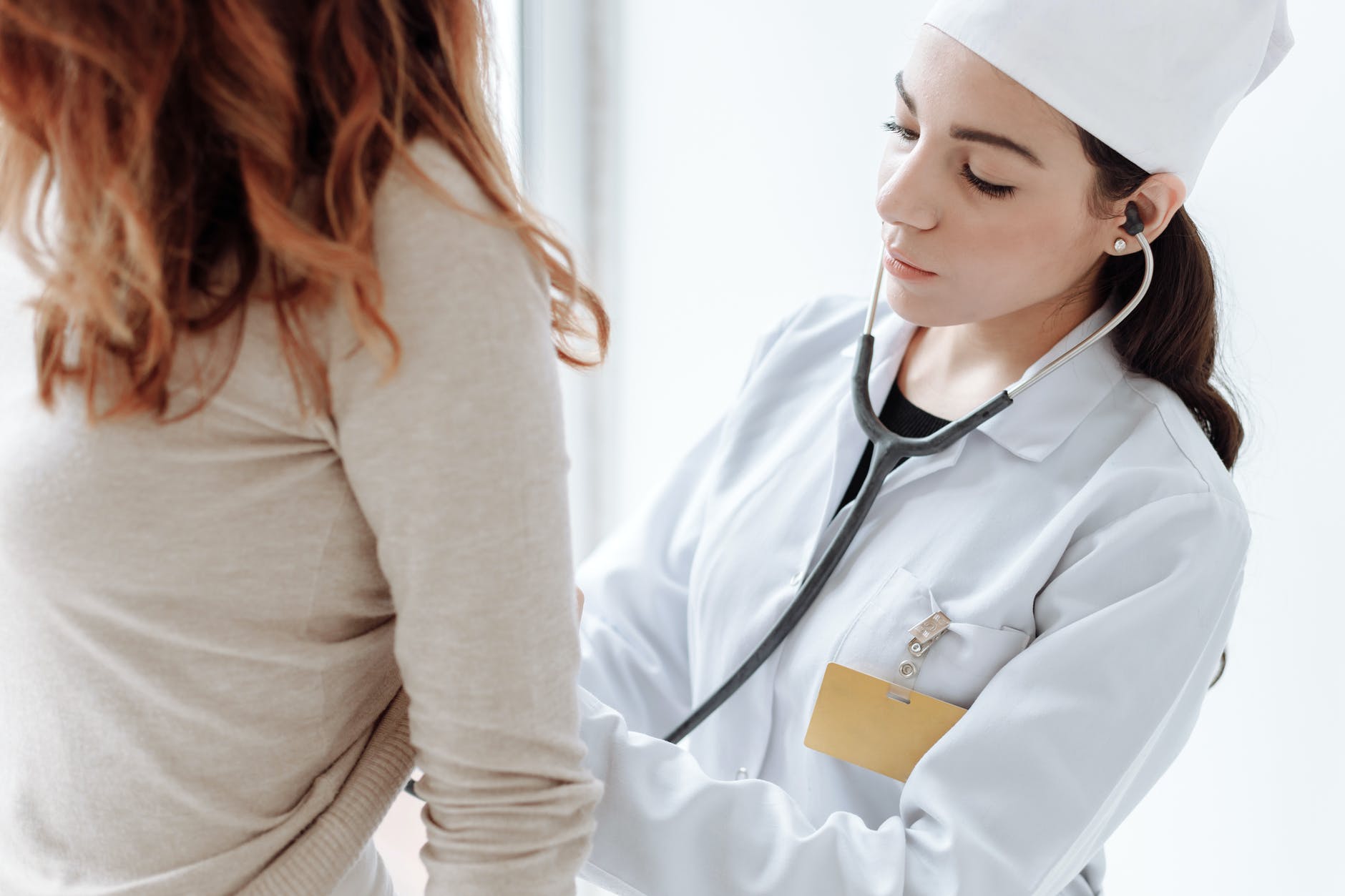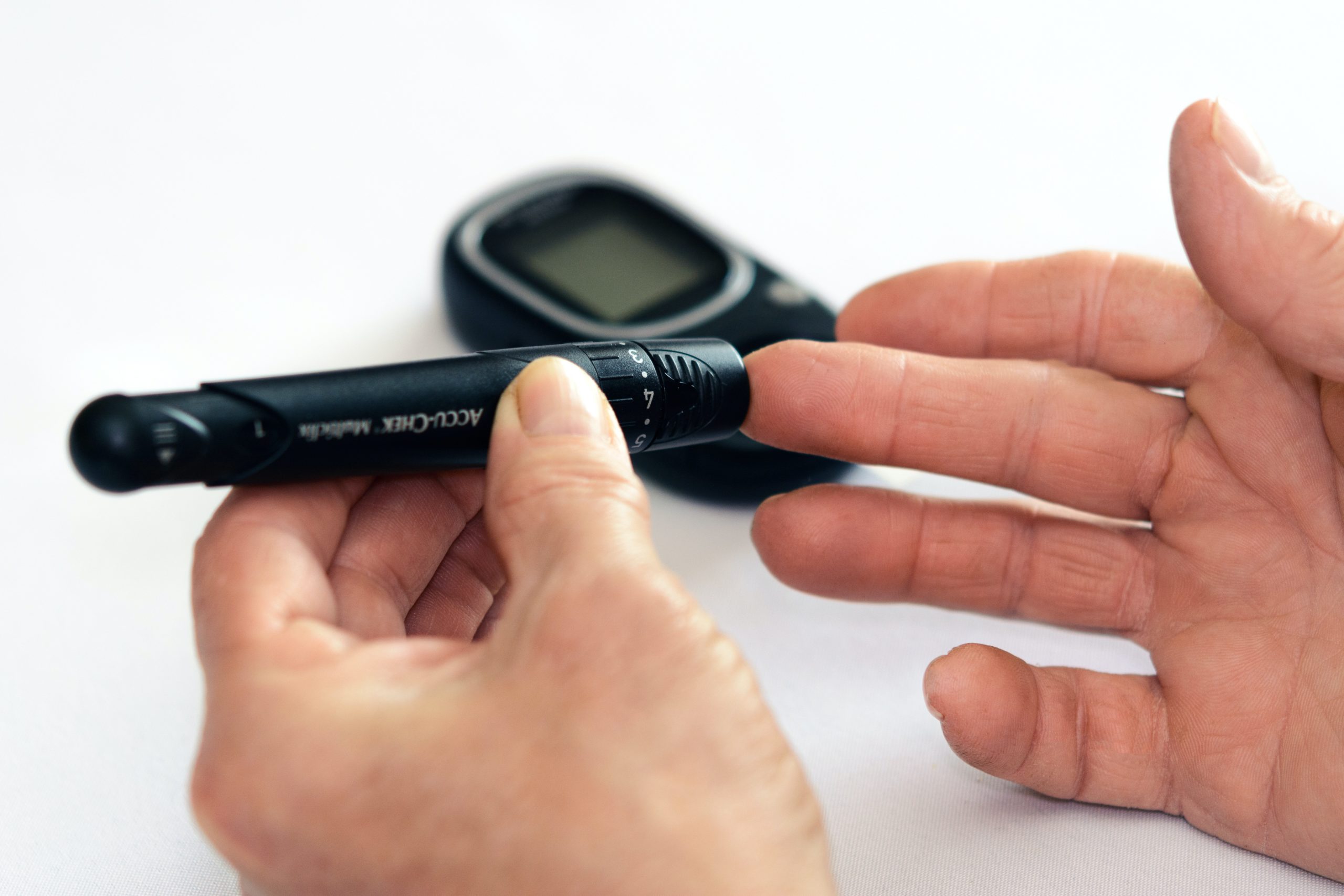Common Questions About Cancer Answered

There are many myths and rumors about cancer that make it challenging for people to know what to believe about the disease. That’s why we’ve addressed some of the most common questions about cancer below.
Are Some People More at Risk of Developing Cancer than Others?
Anyone can be diagnosed with cancer, but the risk significantly goes up as you age. Your individual risk of developing the disease depends on factors like whether you smoke, what you eat, your family history of cancer, how much you exercise, etc.
How Does Cancer Begin?
Your body is made up of several different types of cells. Under normal conditions, these cells grow, divide, and die once they become old. Then, they are replaced by new cells. But some cells mutate and start growing out of control to form a tumor, instead of dying. These tumors can be cancerous or non-cancerous. If they are cancerous, they may attack your body’s tissues and even spread to other parts of your body – this process is called metastasis.
Is the Disease Genetic?
Yes, it can be genetic, which is why when someone has a family history of cancer, healthcare providers typically recommend genetic testing.
Can Cancer Spread from Person to Person?
No, unlike the cold or the flu, you cannot catch cancer from someone else, even if you are in close proximity to them.
Can Cancer Be Prevented with A Vaccine?
There is no vaccine that can prevent cancer. But, there are vaccines for certain viruses that may cause cancer.
Is There a Cure for Cancer?
Yes! When treatment for cancer seems to be working, your healthcare provider may say the disease is in remission. A complete remission indicates that there is no sign of the disease, while a partial remission means cancer has shrunk but not disappeared.
What Are the Symptoms of Cancer?
Some general symptoms of cancer include unexplained weight loss, fatigue, fever, skin changes, pain, bladder function changes, unusual bleeding, sores that don’t hear, a lump in any part of your body, a nagging cough, etc. Keep in mind that there are numerous other signs and symptoms of cancer. If you notice any symptoms, it’s important that you get in touch with your healthcare provider immediately.


